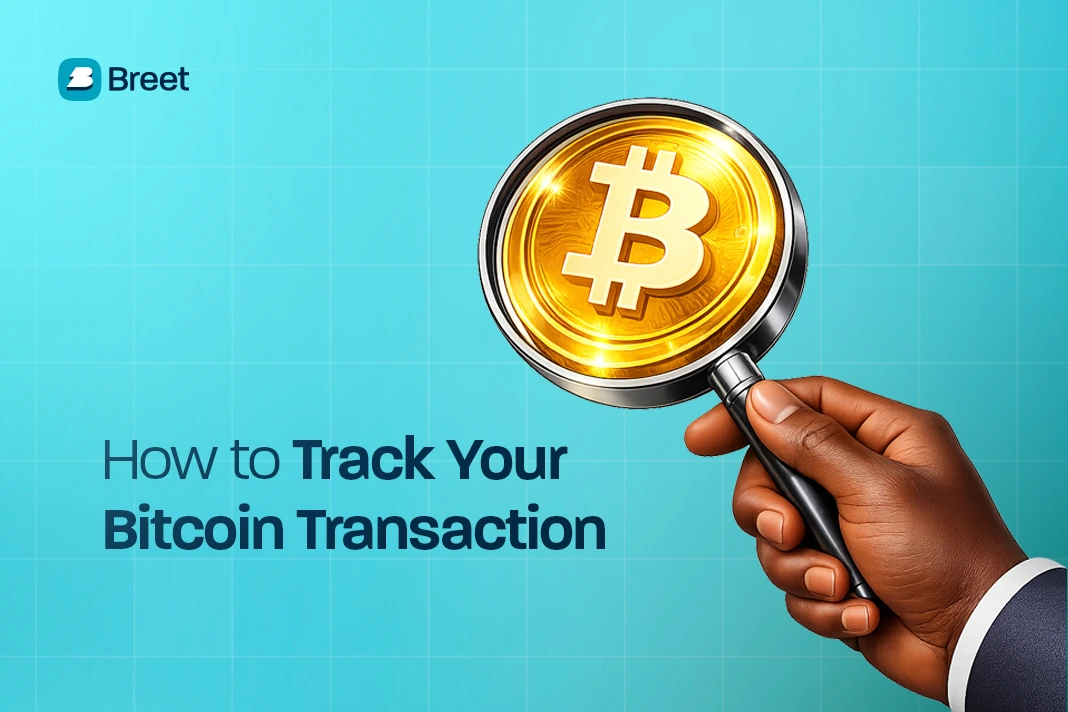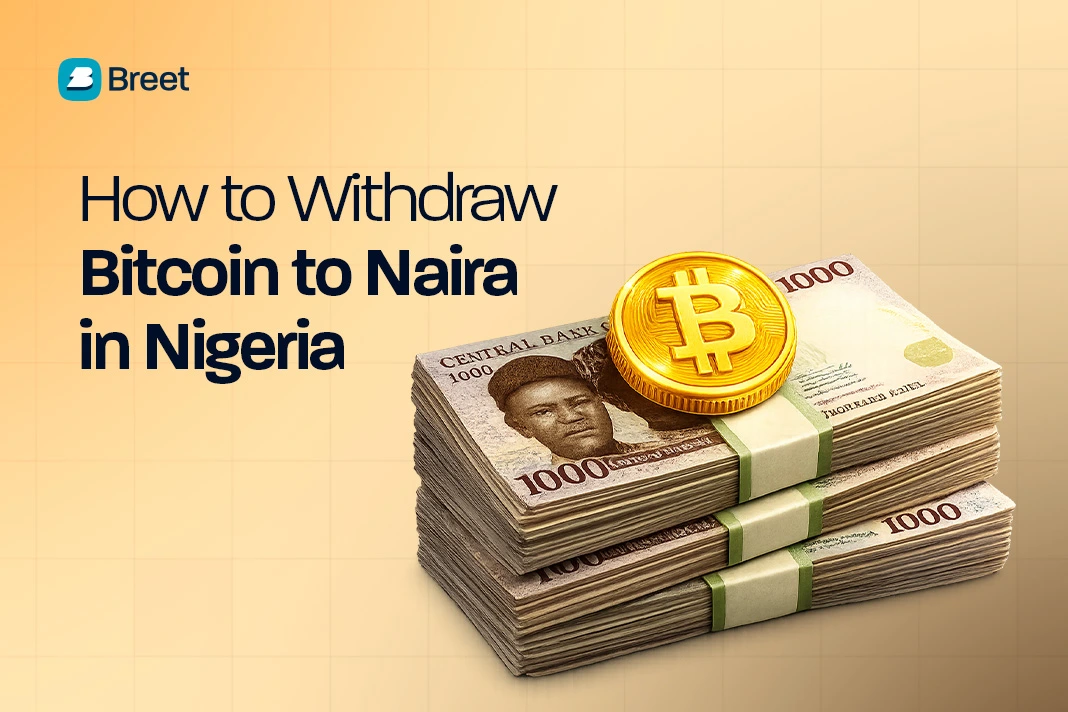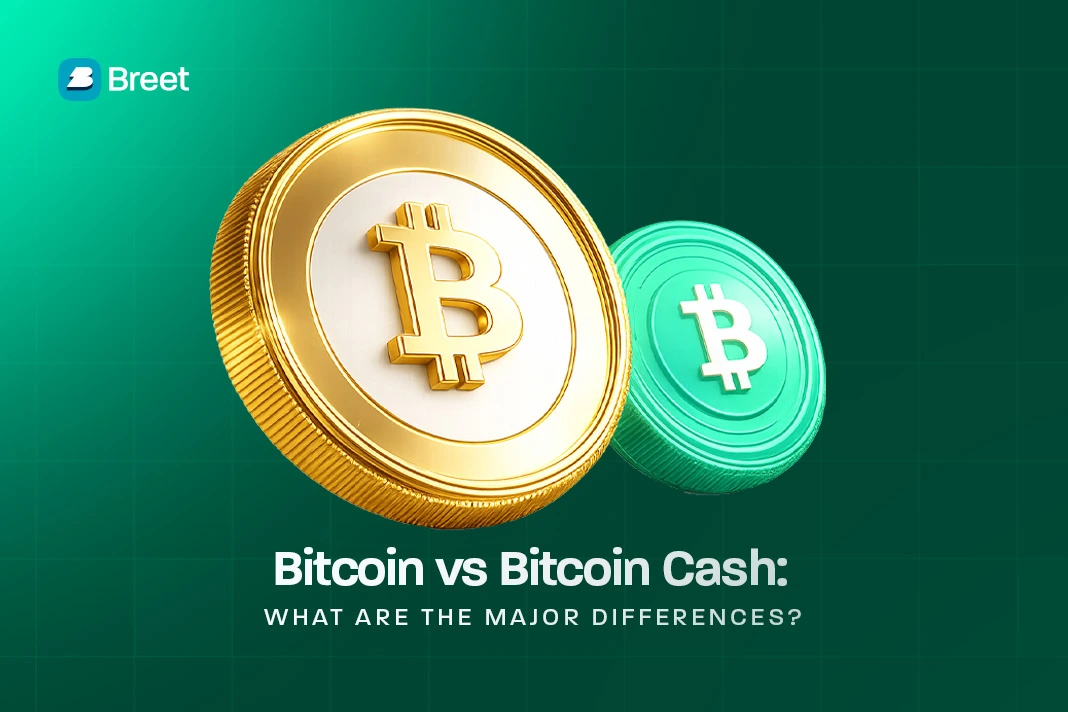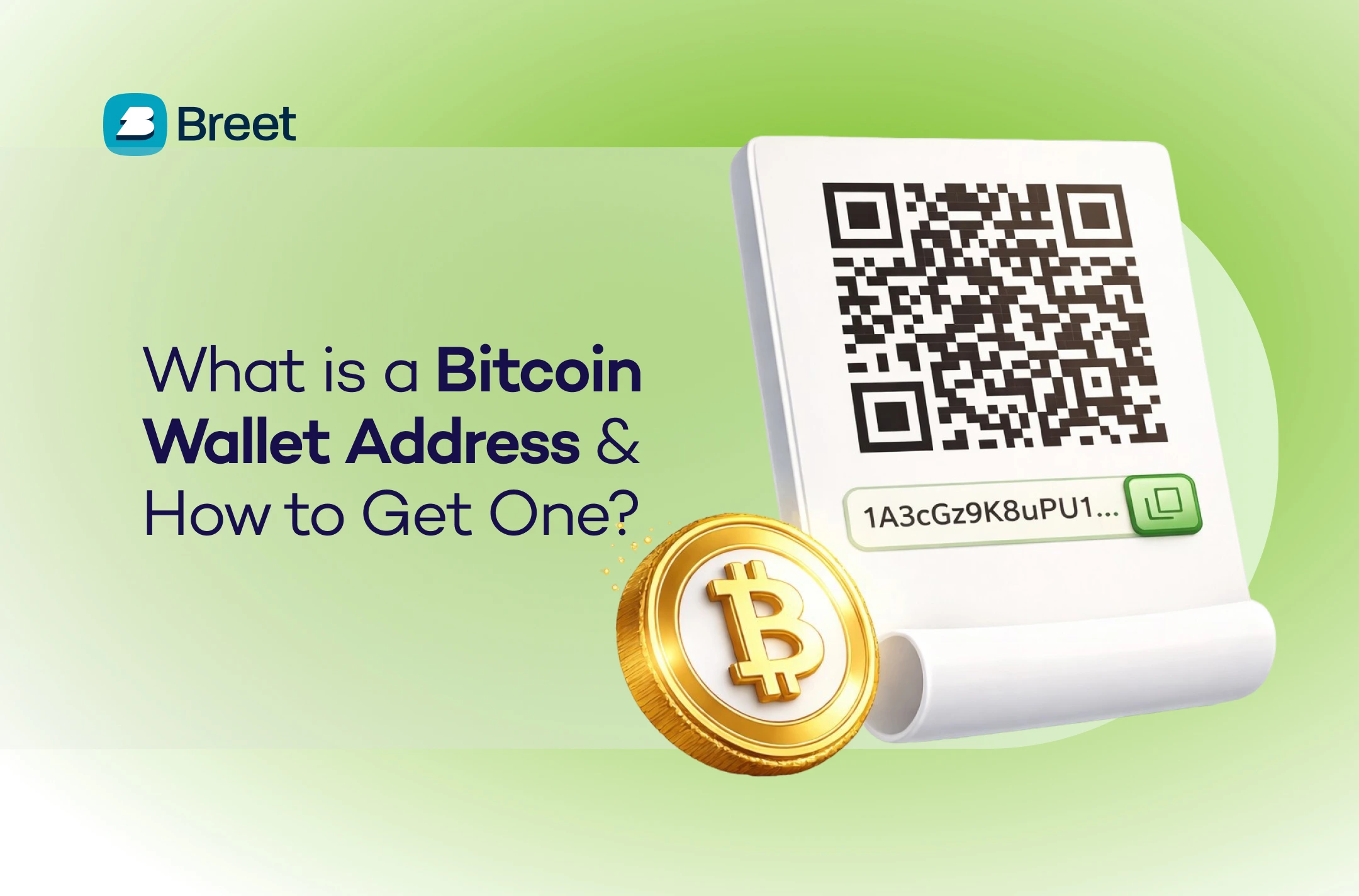Bitcoin scams are never ending.
A few months ago, a friend of mine lost some amount of money to a fake Bitcoin investment scheme that promised 50% returns in just two weeks.
Nothing looked shady as they had a professional website and there were great testimonials that seemed real. However, the platform disappeared overnight when it was time to withdraw.
We often hear about stories like this in Nigeria, Ghana, and other parts of the world.
Bitcoin has gotten very popular since its inception. Still, scammers are doubling their efforts and coming up with new tricks to rip people off their hard earned money.
Bitcoin is not a scam. Instead, it is a legitimate digital currency that has helped millions of people around the world.
The only scam in this case are the dishonest people who use Bitcoin’s popularity to defraud others. The good news is that once you know what to look for, these scams become much easier to avoid.
In this article, we’ll show you the most common Bitcoin scams happening right now, the warning signs that should make you run the other way and simple steps to protect yourself from becoming the next victim. Read on!
Related:
Common Bitcoin Scams You Should Know

1. Fake Investment Platforms
These are websites or apps that promise to double or triple your Bitcoin if you “invest” with them. For example, someone might tell you, “Send 0.1 BTC and get 0.2 BTC back in 24 hours.”
That sounds like such a steal and anyone would be tempted to make quick money.
However, once you send your Bitcoin, the platform disappears or blocks your account.
These Bitcoin scams are common in West Africa where many people are attracted by the idea of quick profits.
Remember, if it sounds too good to be true, it is most likely a scam.
2. Phishing Websites and Fake Wallet Apps
Phishing scams are the commonest Bitcoin scams out there.
To make their scam look convincing, scammers mostly create fake versions of real Bitcoin wallets or exchanges.
If you download one of these apps or enter your details into a fake website, the scammer can steal your login information and drain your wallet.
For example, you may see a website that looks like Breet, but the domain name has a small difference like “.net” instead of “.io.” You should pay attention to those tiny details.
3. Social Media Giveaway Scams
You might see posts on X, Facebook, or Instagram claiming that a celebrity or big company is giving away Bitcoin.
These Bitcoin scams often use fake accounts, for instance creating a fake account with Elon Musk’s photo or even local celebrities to look convincing.
4. Ponzi Schemes and “Doubler” Scams
In this particular scheme, early birds are quite lucky. This scam involves recruiting new investors with promises of high returns. Early investors may get paid from the money of new investors, but eventually the system collapses.
Many “crypto investment clubs” in Nigeria and Ghana have turned out to be Ponzi schemes that vanish after a few months.
5. Romance or Impersonation Scams
Fraudsters sometimes pretend to be in a romantic relationship or close friendship with victims. Over time, they convince them to send Bitcoin for “investment opportunities” or “emergencies.”
Because trust is built slowly, many people fall into this trap.
How then, do you detect these scams? What are the red flags that stand out?
Top Pick:
Red Flags That Signal a Bitcoin Scam
Here are quick signs that something is not right:
- Promises of guaranteed profits or “risk-free” returns
- Pressure to act fast with phrases like “limited time only”
- Requests for your private keys, seed phrase, or password
- Fake social media accounts using celebrity names or photos
- Platforms with little or no online presence outside their own website
How to Check If a Bitcoin Platform Is Legit
Before you trust any platform, use this checklist:
- Look for reviews on trusted sites and forums.
- Verify the website domain and check for spelling errors.
- Search for the company on CoinMarketCap or CoinGecko. If it is not listed, be cautious.
- Use tools like ScamAdviser or Trustpilot to see what other users are saying.
- Check if the company is registered with financial regulators in your country.
What to Do If You’ve Been Scammed
Recovering BTC sent to a scammer is difficult since Bitcoin transactions cannot be reversed. However, here are a few actions to take to reduce further damage:
- First, stop all communication with the scammer immediately.
- Next, report the scam to local authorities such as the EFCC in Nigeria or the police in Ghana. If you are in the UK, report to the FCA.
- Contact your wallet provider. You might be able to secure your remaining funds.
- Share your experience online to warn others. Though your money may not be recovered, your story might save someone else from getting scammed.
You Might Like:
- How to Add USDT to MetaMask in Minutes
Tips to Stay Safe While Using Bitcoin
Here are a few tips to help you stay safe while trading Bitcoin:
- Always enable two-factor authentication (2FA) for all your wallets and exchanges.
- Don’t share your seed phrase or private keys with anyone.
- Download wallet apps from official websites or app stores only.
- Stick to well-known platforms like Breet, Coinbase, or Binance.
- Avoid offers that sound too good to be true. If someone promises huge profits with little effort, it is most likely a scam.
Top 10 Biggest & Most Famous Bitcoin Scam Stories in History
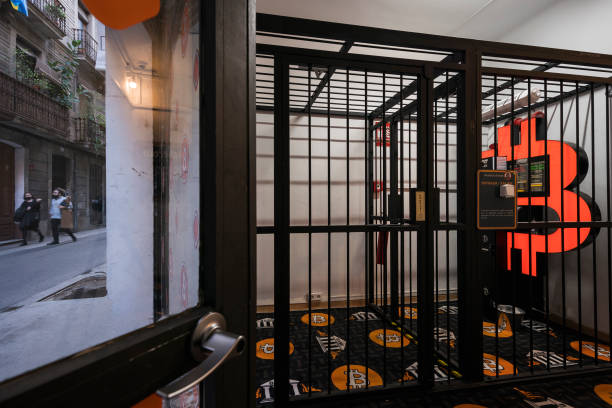
Even major companies and millions of investors have been caught in Bitcoin scams.
Some of these cases read like crime thrillers, with missing founders, vanishing billions, and courtroom battles that still echo today.
Here are some of the most notorious Bitcoin scams in history:
1. Mt. Gox (2014)
Once the world’s largest Bitcoin exchange, Mt. Gox handled over 70 percent of all Bitcoin transactions at its peak.
Then disaster struck. In early 2014, it was revealed that hackers had siphoned off about 850,000 BTC over several years.
Investors woke up one morning to find withdrawals frozen and their life savings gone.
It’s one of the top Bitcoin scam stories in the world.
The collapse shook global confidence in Bitcoin and became a cautionary tale about trusting centralized platforms.
2. BitConnect (2016–2018)
BitConnect rose to fame with promises of “guaranteed” profits through an automated trading bot. Early investors flaunted their wealth online, creating a cult-like community that drew in thousands of newcomers.
But by 2018, the house of cards crumbled.
Regulators labeled it a Ponzi scheme, and billions of dollars vanished almost overnight.
For many, BitConnect became the face of crypto scams, immortalized in the infamous “BitConnect Guy” meme.
3. PlusToken (2019)
This Asia-based scam masqueraded as a crypto wallet offering high yields.
It lured in millions of users, especially in China and South Korea, with promises of easy riches.
By the time the operators disappeared, they had stolen over $2 billion in cryptocurrency. This made it one of the most shocking Bitcoin scam stories.
The fallout rippled across the Bitcoin market, as stolen coins were dumped on exchanges, causing sharp price drops.
4. OneCoin (2014–2017)
OneCoin was marketed by the charismatic Ruja Ignatova, who styled herself as the “Crypto Queen.”
She toured the world with glitzy events, convincing people that OneCoin was the next Bitcoin.
In reality, it had no blockchain at all. It was pure fiction.
By the time the scheme was exposed, billions had been stolen. OneCoin was one of the most unexpected Bitcoin scam stories.
Ignatova vanished in 2017 and remains on the FBI’s Most Wanted list, making the story even more mysterious.
5. Mirror Trading International (2020)
Based in South Africa, MTI promised investors that their Bitcoin was being traded by artificial intelligence, generating consistent returns. For a while, payouts seemed real, until it all unraveled.
In 2020, CEO Johann Steynberg disappeared, taking with him more than $500 million.
Thousands of people worldwide were left empty-handed, and MTI became one of the biggest scandals in Africa’s crypto scene.
6. Twitter Hack (2020)
In a shocking twist, hackers took control of celebrity Twitter accounts in July 2020.
From Elon Musk to Barack Obama, tweets urged followers to send Bitcoin to a wallet with the promise of doubling their money. While the scam only netted around $120,000, the real damage was to public trust.
If even world leaders and tech moguls could be hacked, what did that say about security in the digital age?
The Twitter Hack incident of 2020 is definitely one of the most shocking Bitcoin scam stories.
7. Africrypt (2021)
Another massive scam out of South Africa, Africrypt was run by two brothers who claimed to operate a high-return investment platform. In April 2021, they suddenly announced the company had been hacked.
Within days, they vanished, along with an estimated $3.6 billion in Bitcoin.
To this day, many investors believe the “hack” was just a cover-up.
8. Thodex Scam (2021)
In Turkey, the crypto exchange Thodex abruptly shut down in April 2021. Its founder, Faruk Fatih Özer, fled the country, allegedly taking more than $2 billion in customer funds.
It’s also one of the most unexpected Bitcoin scam stories.
Thousands of Turkish citizens who had trusted the platform were left devastated.
The case became a national scandal and fueled debates about regulating crypto exchanges.
9. FTX Collapse (2022)
Though not a straightforward scam, the downfall of FTX shook the entire crypto world.
Once valued at over $30 billion, the exchange was hailed as one of the safest places to trade.
But in November 2022, it imploded amid revelations of mismanagement and fraud accusations.
Billions in customer deposits were lost, and founder Sam Bankman-Fried faced one of the most high-profile financial trials of the decade.
10. CBEX (2025)
Closer to home, the CBEX scandal in 2025 has been one of the largest Ponzi schemes in Africa’s history.
The company promised investors 100 percent returns and drew in countless victims, including professionals, business owners, and students.
When it collapsed in April, it wiped out more than N1.3 trillion.
Victims were even tricked into paying “verification fees” to access their supposed profits, making it one of the double-incident Bitcoin scam stories.
The scale of the fraud drew the attention of Nigeria’s EFCC, with Interpol and the FBI joining the hunt for its operators.
These examples show that scams are not limited to small unknown platforms. Even popular projects can fail or turn fraudulent.
Don’t Miss:
Conclusion
A lot of people in the crypto space have used Bitcoin as a tool for financial freedom. Bitcoin does that, quite alright, but it also attracts scammers. These scams can be avoided if you follow the signs, detect the red flags early enough and protect your funds.
Make adequate research before investing, never share important information, and stick to trusted platforms like Breet for your crypto needs.
Breet offers a safe and reliable way to sell Bitcoin and other cryptocurrencies in Nigeria and Ghana. With over 250k verified users, instant payouts and a price alert feature, you can enjoy trading Bitcoin without the fear of scams.
Ready to trade BTC today, head over to the Breet App!
FAQs on Bitcoin Scams and How to Protect Yourself
How do you know if someone is scamming you with Bitcoin?
A potential Bitcoin scam promises unrealistic high returns. You can decipher this if you are given unsolicited offers, put under pressure to act quickly or miss out and requests to transfer BTC to an unfamiliar wallet.
How do you protect yourself from Bitcoin scams?
Always use a reputable and verifiable crypto exchange platform like Breet. You can trust your funds to be safe when you enable 2FA and avoid suspicious offers.
Can I recover money lost to a Bitcoin scam?
In most cases, Bitcoin transactions cannot be reversed. But you can report the scam and protect others from falling victim.
How can I tell if a Bitcoin investment site is fake?
Look for unrealistic promises, lack of reviews, fake domains, and pressure to act quickly.
Are Bitcoin scams common in Nigeria and Ghana?
Yes. Many fake investment platforms target people in West Africa. Always research before you invest.


